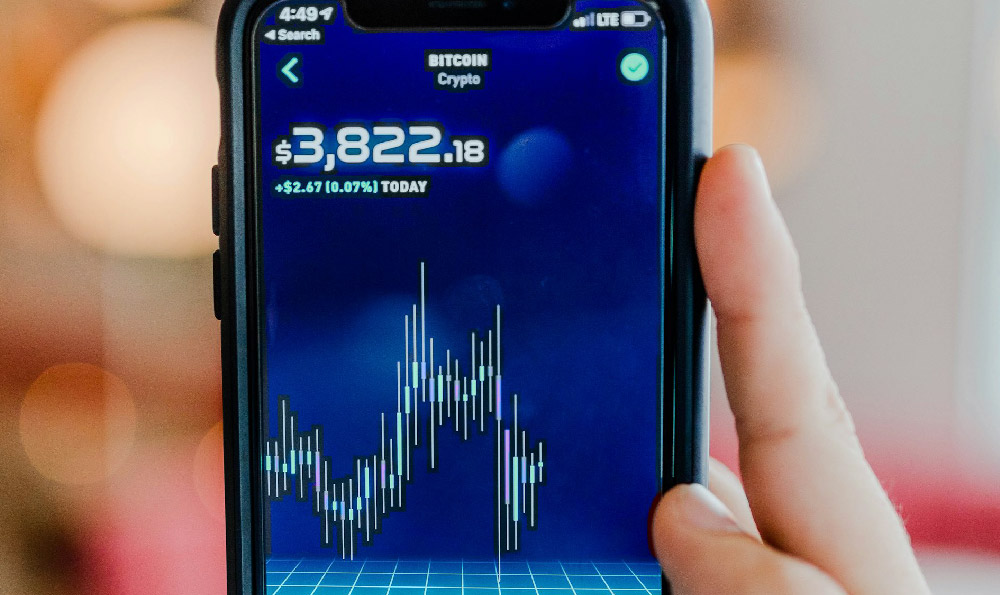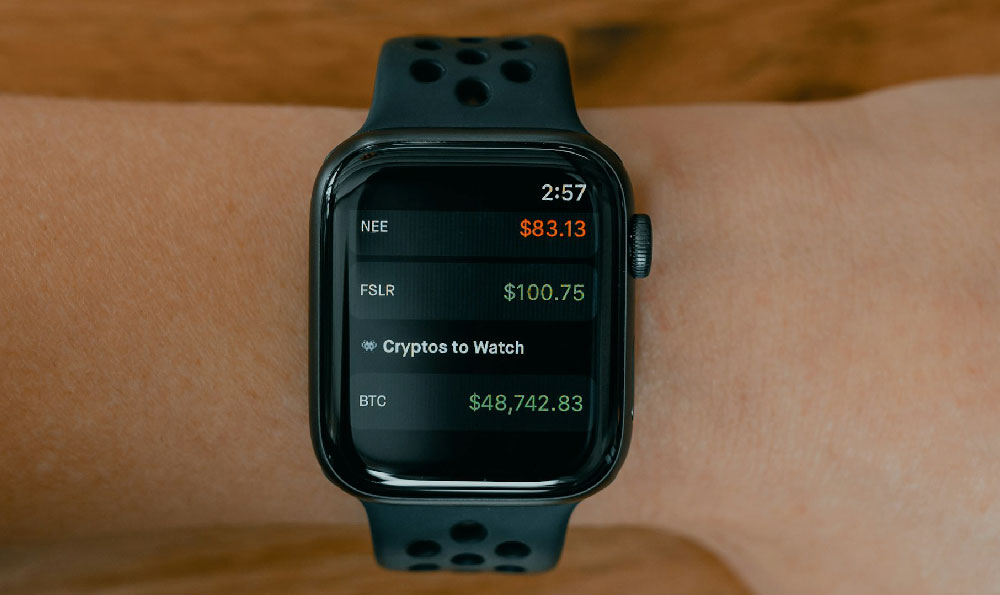How to Podcast for Profit: Can You Really Make Money?
The allure of creating content and earning a living from it has never been stronger. Podcasting, with its low barrier to entry and intimate connection with listeners, is a particularly attractive avenue for aspiring entrepreneurs. But the burning question remains: can you actually podcast for profit, and if so, how? The short answer is yes, absolutely. However, the path to podcasting profitability isn't paved with instantaneous riches. It demands dedication, strategic planning, and a keen understanding of the monetization landscape.
Success in podcasting isn't solely about recording interesting conversations. It hinges on building a loyal audience. Think of your podcast as a relationship; you need to nurture it with consistent, high-quality content that resonates with your target demographic. Before you even think about monetization, focus on defining your niche, creating compelling episodes, and actively engaging with your listeners. Your niche should be specific enough to attract a dedicated audience but broad enough to sustain a consistent flow of content. Authenticity is key. Listeners are incredibly adept at detecting insincerity, so let your personality shine through and genuinely connect with your audience. Promote your podcast relentlessly through social media, cross-promotion with other podcasts, and guest appearances on relevant platforms. Remember, audience growth is the foundation upon which all monetization strategies are built.
Once you've established a solid listener base, the real work begins: figuring out how to convert that audience into revenue. Fortunately, podcasting offers several monetization avenues, each with its own advantages and disadvantages.

One of the most common and accessible methods is advertising. Podcast advertising typically takes the form of pre-roll (at the beginning of the episode), mid-roll (in the middle), or post-roll (at the end) ads. You can secure advertising deals either directly with companies or through podcast advertising networks. Direct deals often offer higher rates but require more effort in pitching and negotiating. Podcast advertising networks, on the other hand, streamline the process but may take a larger cut of the revenue. CPM (cost per mille, or cost per thousand listeners) is the standard pricing model for podcast advertising. CPM rates can vary widely depending on factors like your podcast's niche, audience size, listener demographics, and ad placement.
Affiliate marketing is another popular strategy. It involves promoting products or services that are relevant to your podcast's content and earning a commission for every sale generated through your unique affiliate link or code. This method is particularly effective if you have a highly engaged audience that trusts your recommendations. Be transparent about your affiliate relationships and only promote products or services that you genuinely believe in. Listeners will appreciate your honesty and be more likely to make a purchase through your link.
Selling merchandise related to your podcast can be a lucrative way to monetize your brand and connect with your fans on a deeper level. This could include t-shirts, mugs, stickers, or other items featuring your podcast's logo, artwork, or catchphrases. Merchandise sales not only generate revenue but also serve as a form of free advertising, as your listeners proudly display your brand in the real world.
Offering premium content or services is another effective monetization strategy. This could involve creating bonus episodes, ad-free versions of your podcast, exclusive Q&A sessions, online courses, or coaching programs. By offering valuable content or services that are not available to the general public, you can incentivize listeners to become paying subscribers. Platforms like Patreon make it easy to manage subscriptions and offer exclusive benefits to your patrons.
Donations can also be a viable source of revenue, especially for podcasts that provide valuable information or entertainment. You can ask listeners to support your podcast through one-time donations or recurring monthly contributions. Platforms like Buy Me a Coffee and PayPal make it easy for listeners to donate securely.
Finally, consider using your podcast as a platform to promote your own products or services. If you're an author, coach, consultant, or entrepreneur, your podcast can be a powerful tool for building brand awareness, generating leads, and driving sales. Share your expertise, offer valuable insights, and subtly weave in mentions of your products or services.
Beyond these direct monetization methods, podcasting can also unlock indirect opportunities for profit. It can establish you as a thought leader in your industry, leading to speaking engagements, consulting gigs, and other lucrative opportunities. A successful podcast can also significantly enhance your professional credibility and open doors to new partnerships and collaborations.
To maximize your earning potential, it’s essential to analyze your data and adapt your strategy. Track your listener numbers, engagement metrics, and revenue streams. Identify what’s working and what’s not, and adjust your content and monetization strategies accordingly. Experiment with different ad formats, affiliate offers, and premium content options to see what resonates best with your audience.
In conclusion, podcasting for profit is achievable, but it requires a strategic approach, unwavering commitment, and a willingness to adapt. By focusing on building a loyal audience, diversifying your monetization streams, and continuously analyzing your data, you can transform your passion for podcasting into a sustainable and rewarding income source. The key is to provide value, build relationships, and never stop learning. The podcasting landscape is constantly evolving, so staying informed and adapting to new trends is crucial for long-term success. So, start planning, start recording, and start building your podcasting empire!















